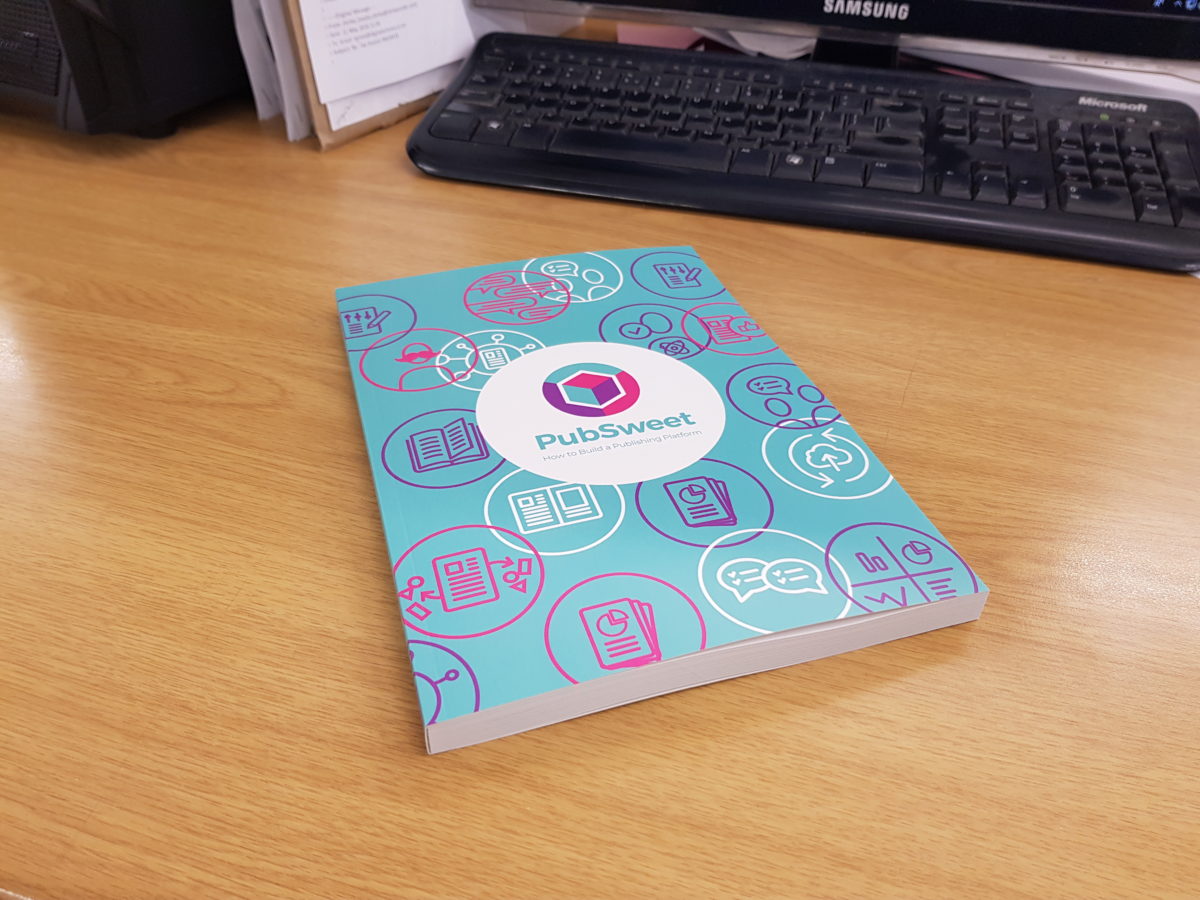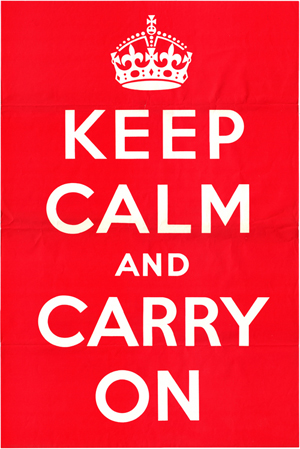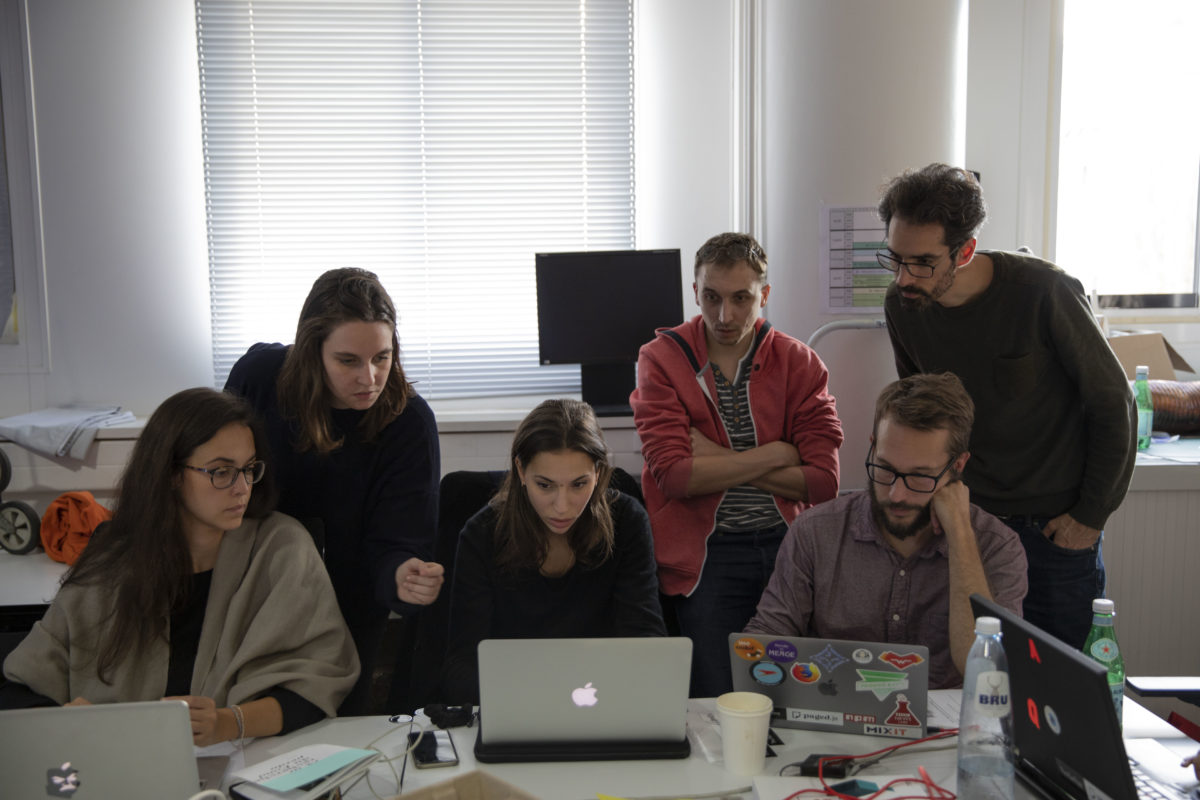From Wednesday 28 to Friday 30 November, a group of people interested in automated composition with HTML and CSS met for a series of workshops about “Paged Media × PrePostPrint”.
Category: Open Source development

Paged.js - sneak peeks
Six months ago, Fred Chasen and Julie Blanc started to work on a library to paginate content in the browser. Today, that tool has a name, and even if it’s not bulletproof yet, I wanted to show an example of what we can do with it. And the best part is that it’s only the beginning.
What is the Paged Media initiative?
At the beginning of the year, we announced the Paged Media initiative as a community driven open source solution to help anyone who wants to print content with web technologies. Before looking at what we’ve been up to for the last five months, in upcoming articles, let’s have a look at what’s possible the gaps we’re trying to fill.
Editoria — Building a Book in a Browser
A couple of years ago, the University of California Press and the California Digital Library partnered with Coko to begin an ambitious project to develop a workflow application that would allow books to be built in a browser using entirely open source technologies. Editoria is that app.
Agenda for January meeting of Paged Media initiative
Meeting to be held at MIT Press (Cambridge, MA) on 9 January
Paged Media Open Source initiative
PagedMedia is launching a new community-led development at MIT Press (Cambridge, MA) on January 9. The project will develop a suite of Javascripts to paginate HTML/CSS in the browser, and to apply PagedMedia controls to paginated content for the purposes of exporting print-ready, or display-friendly, PDF from the browser. This will be an Open Source initiative, appropriately licensed with the MIT license.

Unfolding the @page
Let’s say you need to make a poster and you need to give to the client the possibility to change a few things on this poster, like the date, or even the title. HTML can be the right way to go: it works in all browsers, it does not need any particular applications to be installed, fonts and colours are already set up by a professional designer, and the pdf will be ready for print without any problems.
CaSSius: heavyweight typesetting with lightweight technology
I can’t remember when Adam Hyde first suggested to me that CSS regions might be a viable way to produce PDFs for scholarly communications but it seemed like a good idea at that time and, I think, it still does. CaSSius is my implementation of that idea.
To back up a bit, at the moment in scholarly communications, the production stage usually involves creating a PDF and XML copy in tandem, perhaps using a tool like eXtyles and a process involving Adobe InDesign.

